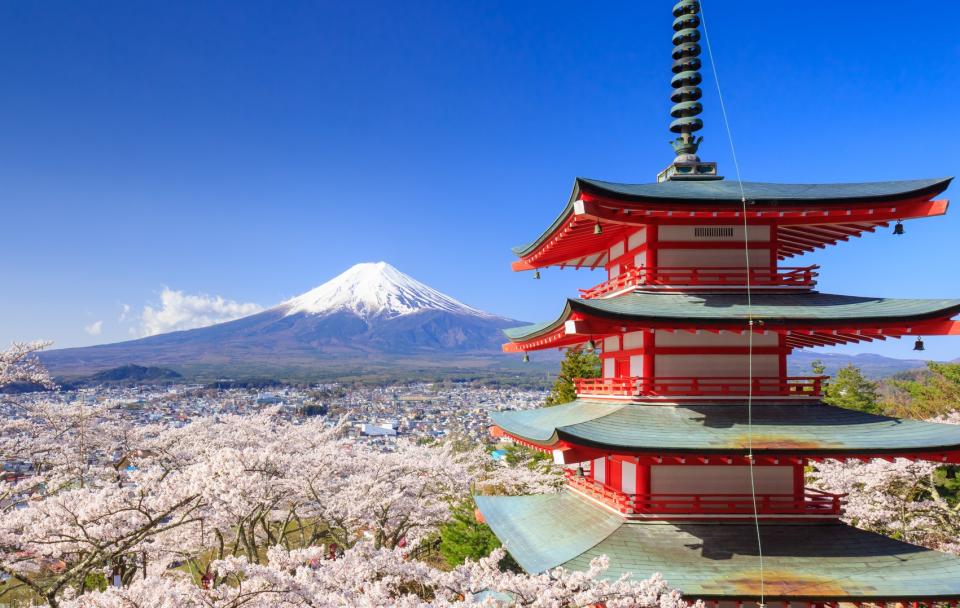The opportunities for Kiwi businesses to succeed in the Japanese market are huge but perceptions need to be shifted to ensure a better outcome for Kiwi businesses.
Japan is one of New Zealand’s largest trading partners, with bilateral trade currently exceeding 7 billion dollars annually. And this is just the start. The opportunities for Kiwi businesses to succeed in this market are huge but Japanese consumers and businesses are not sitting around waiting for the next great thing to come out of our country.
There is high awareness of New Zealand, but low knowledge of our business innovations and success stories.
Which is why NZ Story carried out a comprehensive country perception research programme entitled “Through the Japan Looking Glass’. Six consumer focus groups were conducted in Japan, talking directly to Japanese consumers who had bought New Zealand goods and services in the past. The research team interviewed a mix of younger and older consumers based primarily in Tokyo and Osaka. Additionally, eleven in-depth consultations were carried out with business leaders across a variety of industries.
The resulting video and whitepapers detail what we have learned about the Japanese market, including how Japanese consumers and businesses perceive New Zealand, key points to remember when doing business there, how to create persuasive messaging and sector specific considerations for trade. It also identified a number of distinctive Japanese characteristics which represent key cultural differences that could impact business and buying decisions.
The data supports the perceptions that many overseas markets hold of New Zealand. We are known for our agricultural expertise, superior produce, sustainability, unspoilt nature and pure water. New Zealanders are generally seen as open, welcoming, relaxed, and trustworthy. The Japanese also place value on Māori culture which resonates well with their respect for tradition. Additionally, the All Blacks and our farming heritage mean we are seen as physically strong and rugged.
However, several perceptions need to be shifted to ensure a better outcome for Kiwi businesses trying to enter this market.
For example, the Japanese do not associate New Zealand with being sophisticated, technological, exact, or advanced. We are not seen as a country that can help Japan achieve and perform on the world stage. There is doubt about our ability to scale and deliver and concerns that we are not globally experienced or competitive. There is also a perceived lack of refinement in New Zealand’s products and packaging often does not suit the Japanese aesthetic.
All of these factors can be a barrier to building deeper ties with Japan but they are also issues that can be negated if they are countered early in the negotiation process. This research contains many key points that will help New Zealand businesses overcome these and other issues when looking toward Japan.
While the Japanese market can be difficult, the research shows that we hold two very strong cards in our hand. We are known for our integrity and New Zealanders are seen as good to do business with. We are often favoured over other Western nations because we are more closely linked to Japanese ways of thinking. Our ability to relate on a one on one basis is highly valued, as is our ability to treat others with respect and openness.
‘Through the Japan Looking Glass’ also shows how we can shift New Zealand’s marketing messages from ‘what we produce’ to ‘how and why we produce it’. To do this we must express how good we are, prove how we add value, demonstrate how we use technology to advance industries and other offerings, give evidence of how we are of service to the world and show how we can add value to Japan.
Even though our research highlights that the cultural differences between our two countries are many, NZ Story also discovered significant strategies to overcome potential barriers.
The whitepapers and video content are invaluable tools for any New Zealand business wishing to enter this challenging but exciting and potentially very lucrative market.
Download whitepaper here.
This article, complete with highlights video, was first published at https://www.nzstory.govt.nz/blog/tackling-the-japanese-market





